The Middle Temple has a long and distinguished history of welcoming lawyers from the Indian subcontinent. The earliest such lawyers include several individuals who went on to distinguished political careers as founding members of the Indian National Congress, including Badruddin Tyabji (admitted 1863), Womesh Chunder Bonnerjee (admitted 1864) and Surendranath Banerjee (admitted 1869).
Syed Jamil Hussain of Patiala (admitted 1912) was one of many Indian students who followed in the footsteps of those early pioneers. Born in 1885, Jamil Hussain was the younger son of Mir Tafazzul Hussain, the then Chief Justice of the princely state of Patiala and a former member of the Regency Council of that state, appointed by the British Raj as the then ruler, Maharajah Bhupinder Singh, was still not 18 years old. Mir Tafazzul himself had succeeded his father, Mir Imdad Ali, as the Judicial Minister of Patiala.
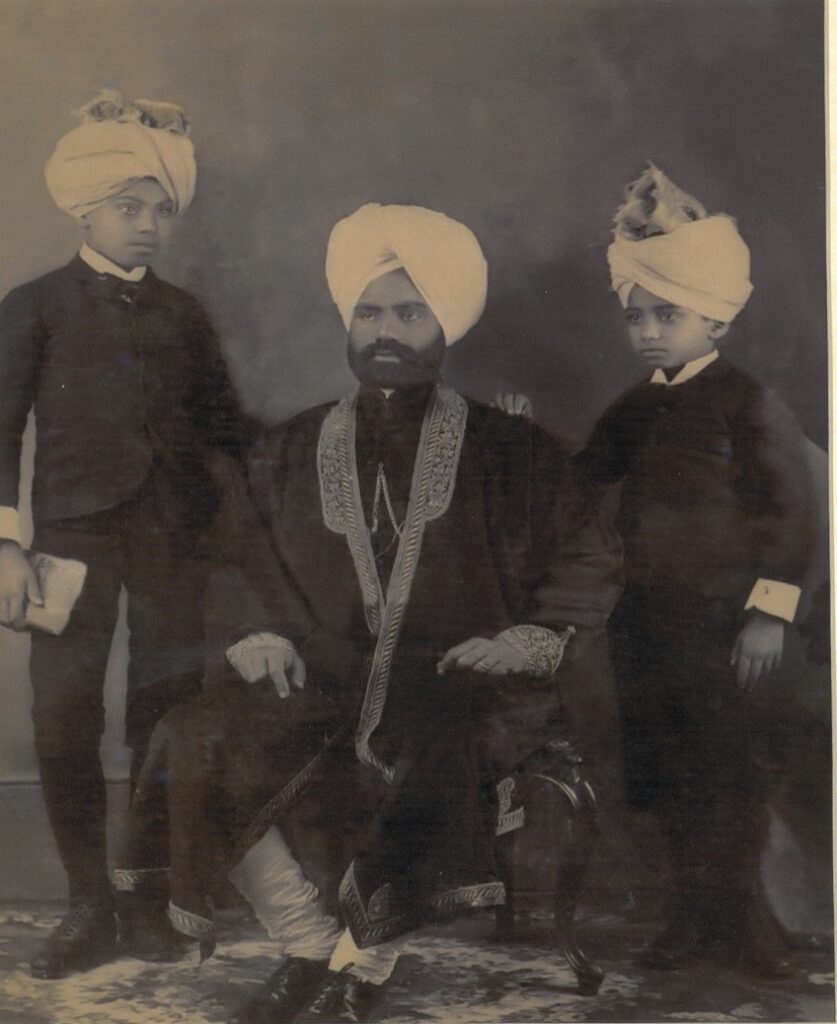
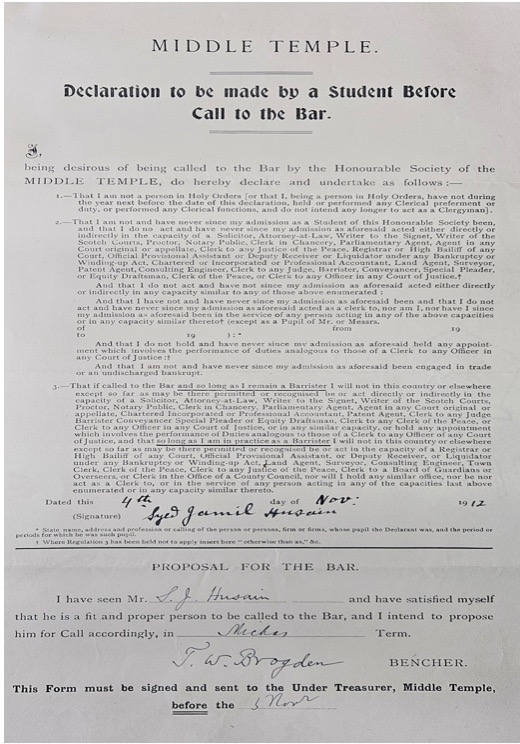
After being educated at home by tutors, Syed Jamil Hussain was sent to study at Downing College, Cambridge. At that time, Downing was known for its exceptionally high intake of Indian students. Indeed, out of roughly 90 students at Downing in the early 1900s, over 30 were Indian. Many of these students, like Jamil Hussain, were scions of the most prominent families of India. These included individuals such as Prince Fatehsinhrao (1905), heir of the Maharaja of Baroda, and Dharam Narain Kak (1906), whose father was the minister to the Maharaja of Jodhpur.
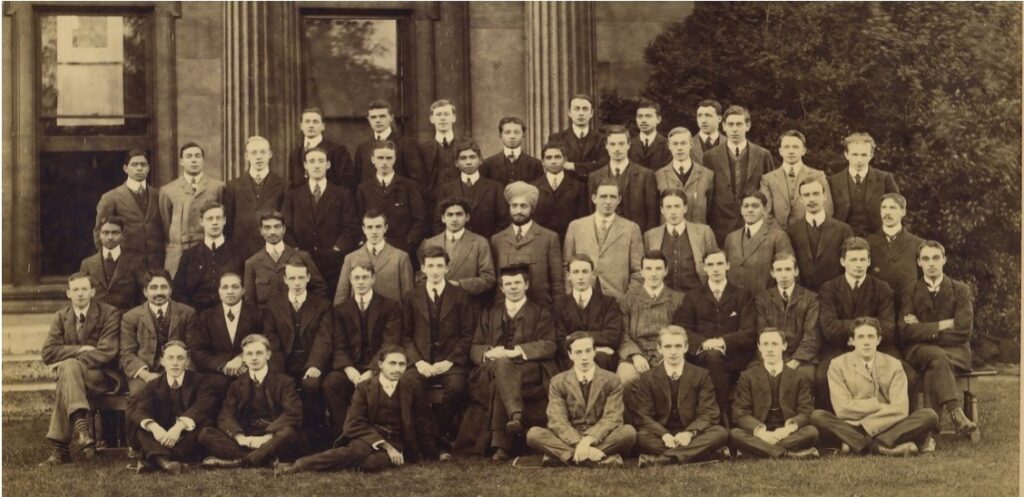
Beyond the confines of Downing, many other young law students of that time at Cambridge would go on to distinguished careers in the law and politics. Jamil Hussain’s contemporaries, for example, included future jurists and lawyers such as the future prime minister of India, Jawaharlal Nehru (Trinity 1910, Inner Temple 1912), as well as another member of the Middle Temple (admitted 1913), the future first Chief Justice of Pakistan, Sir Abdul Rashid (Trinity 1911).
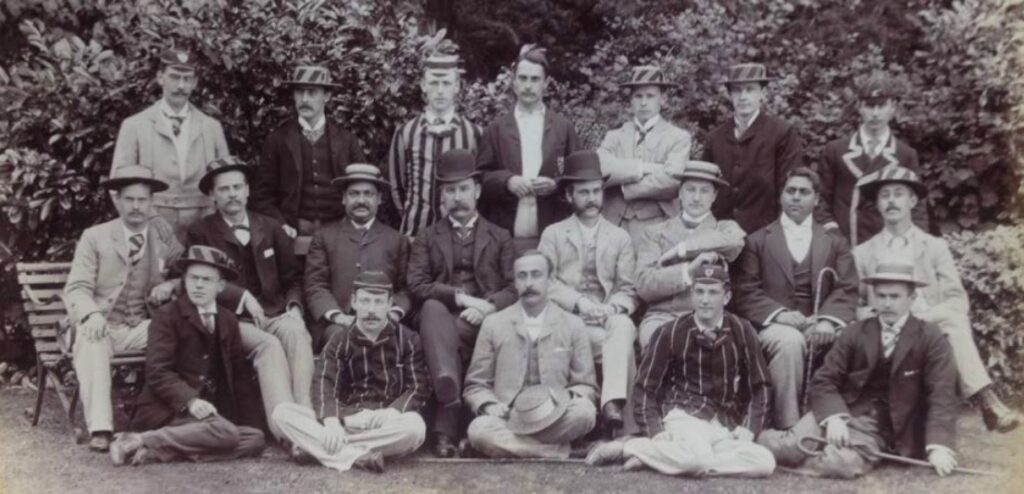
Like many of his contemporaries, Jamil Hussain had been married at a young age (indeed, even before he had gone to Cambridge). In this instance, his bride was Nawab Sultan Begum, the granddaughter of Nawab Zulfiqar ud Daulah, formerly the Lord Chancellor and Army Minister of Bahadur Shah Zafar, the last Mughal Emperor of India.
Jamil Hussain returned to India shortly after being Called to the Bar and rejoined his father in Patiala. He then established a law practice but, after a few years, was asked to join the administration of Maharaja Bhupinder Singh as the ‘Nazim’ of Patiala, a post equivalent to the colonial post of the Commissioner of a district.
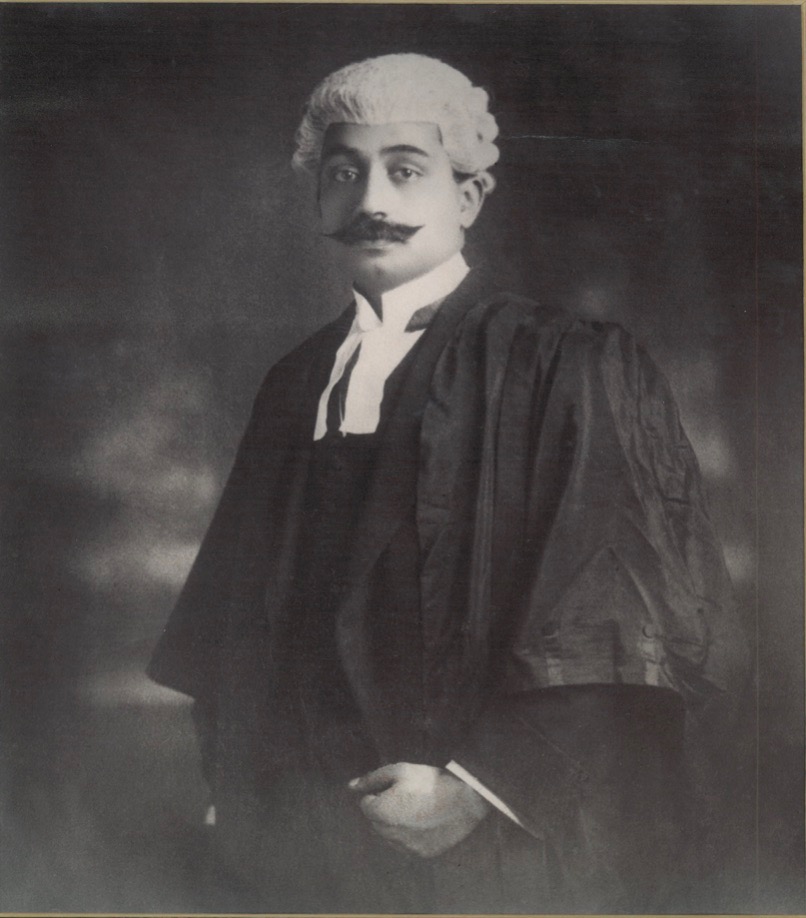
Not much is known about Jamil Hussain’s legal practice. However, one of his then juniors was Jamil Hussain Rizvi, who later rose to prominence in Pakistan and held many posts, including those of Advocate General, West Pakistan, Federal Minister for Law and Rehabilitation, and judge of the High Court of West Pakistan.
After the early death of his older brother, Mir Tajammul Hussain, Jamil Hussain retired from government service to take over the administration of the family’s substantial estates. However, in 1947, Jamil Hussain and his family were forced to leave Patiala due to riots and the ethnic targeting of Muslims.
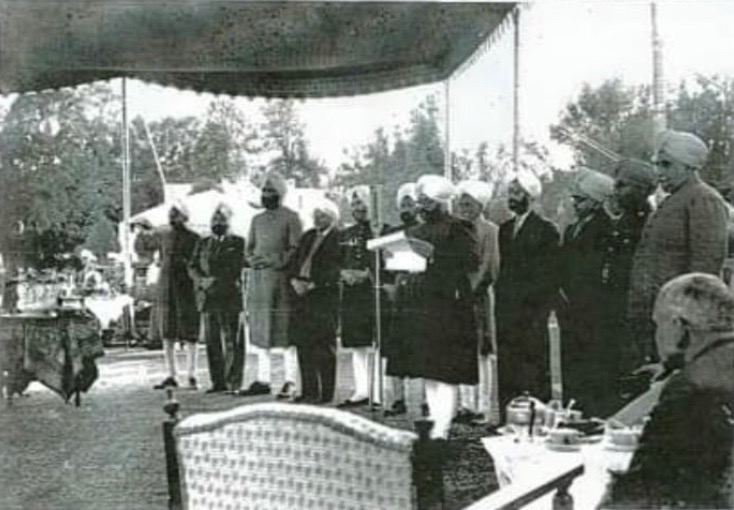
After the family’s move to Pakistan in 1947, Jamil Hussain tried to restart his career, first as a government official and then as a lawyer. Unfortunately, the posts (and briefs) he was offered were not commensurate (in his opinion) with what he deserved, and consequently, he never returned to active service. He died in Pakistan in 1979 at the age of 94.
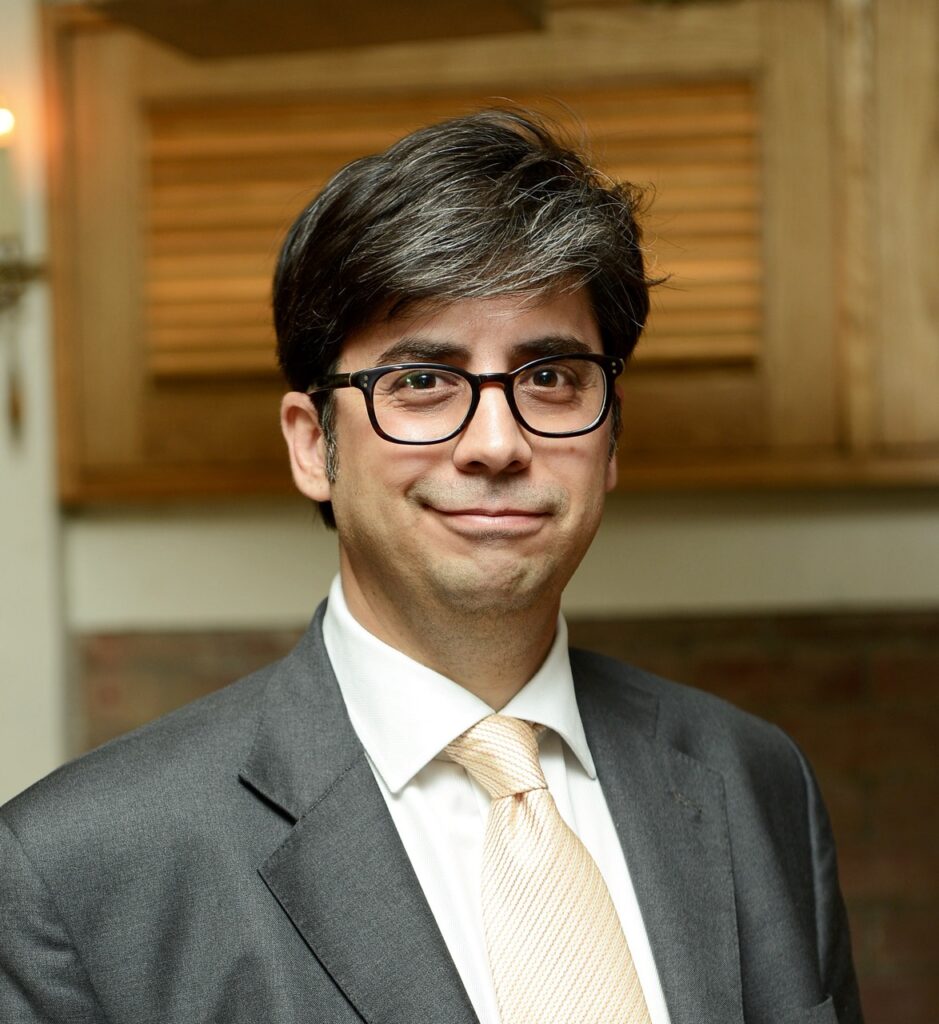
Feisal Naqvi is an Advocate of the Supreme Court of Pakistan and an Associate Member of 3 Verulam Buildings. His great grandfather was Syed Jamil Hussain.

